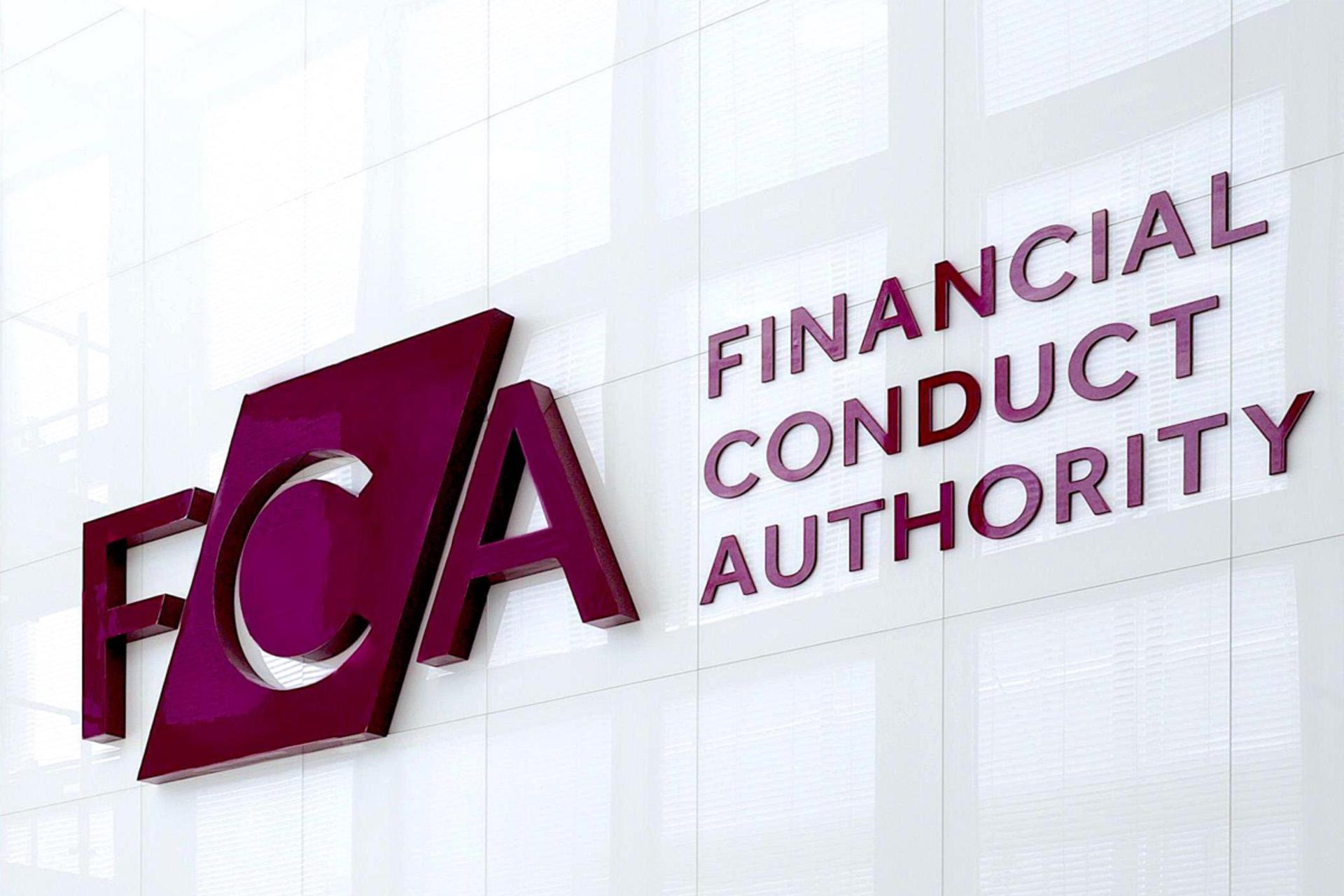
The world of cryptocurrency regulation in the UK has been evolving rapidly, making it challenging for investors and enthusiasts to keep track of the latest developments. In this blog, we'll summarise the key announcements and initiatives related to crypto regulation over the last few months, providing you with the information you need to understand and anticipate what lies ahead.
FCA Rules for Marketing Cryptoassets:

The Financial Conduct Authority (FCA) recently introduced stringent rules for marketing crypto assets. To protect investors, crypto firms are now required to ensure that potential investors have the necessary knowledge and experience to invest in cryptocurrencies. Advertisements must include clear risk warnings and adhere to fair and non-misleading practices. Moreover, a cooling-off period is mandatory for first-time investors, and 'refer a friend' bonuses have been banned. These rules aim to empower individuals with sufficient warnings and time to make informed decisions. They are consistent with rules introduced last year to tackle misleading financial advertisements of high-risk investments.
The Inquiry of the All Parliamentary Group for Crypto & Digital Assets:

The All Parliamentary Group for Crypto & Digital Assets was launched in 2022 after the UK government announced their crypto hub ambition. Led by DR Lisa Cameron MP, the inquiry explores the urgent need for UK regulation and better understand the opportunities and challenges presented by cryptocurrencies and digital assets.
Industry stakeholders and policymakers were brought together to discuss and debate key issues affecting regulation, in particular what a regulatory framework might look like, the work of the government and regulators in terms of crypto policy so far as well as other challenges like crime, consumer protection, education and environment.
The report was very positive for the industry, recognising the growth of crypto and digital assets as well as the potential for the UK to become a leader in financial services and a hub for Fintech investment. Clearly defining the opportunities and challenges of crypto and digital assets, the report highlighted potential barriers and where further research is needed as the UK develops regulation that will protect consumers whilst also supporting not hindering evolution of the industry.
It's a positive move for the UK and recommendations could help the crypto industry flourish, with more people educated and better protected. You can find the full report and read our summary in our blog.
HMRC DeFi Consultation:
In April 2023, HMRC released a review of their 2022 Call for Evidence and launched a consultation seeking views on modifying the tax treatment of decentralised finance (DeFi) lending and staking.

We responded to this consultation both alongside CryptoUK and also with our long term partners Wright Vigar.
To future-proof the tax treatment of DeFi transactions, we proposed the development of an “Asset Composition No-Gain, No-Loss” approach. The consultation deadline has now passed and we're waiting for further guidance from HMRC. Hopefully we see some change that will make taxation of DeFi more favourable and less of an admin burden! Check out our DeFi consultation response blog where we highlight our key views on the consultation and outline our proposed solutions with realistic examples.
The Crypto Asset Reporting Framework (CARF) and Markets in Crypto Assets (MiCA):

CARF and MiCA are global initiatives to encourage tax compliance for crypto users, both are expected to be adopted from around 2024/25.
The Organisation for Economic Co-operation and Development (OECD) proposed the Crypto-Asset Reporting Framework (CARF) in 2022. CARF aims to address the need for global tax transparency in the digital asset industry and will require automatic exchange of information on crypto ownership from reporting Crypto Asset Service Providers (RCASPs). In June, the decision to adopt CARF as an international standard, supporting revisions to the Common Reporting Standard (CRS) was confirmed. It is not yet confirmed which of the G20 countries will participate in CARF but it's likely that the UK will, meaning it's time to get up to date!
The European Union’s Markets in Crypto Assets law (MiCA) was published in the Official Journal of the European Union (OJEU) and it will take effect as of December 30, 2024. The law requires crypto wallet providers to identify their customers when they transfer funds, offers crypto companies, such as exchanges and wallet providers, a license to operate across the bloc, and introduces new governance and financial requirements for stablecoin issuers.
We recently interviewed a panel of industry experts for their CARF predictions, you can find out their thoughts in [our report].
The Law Commission Report:

On the 28th June, the Law Commission of England and Wales published their Final report for Digital Assets with 4 key recommendations:
- Legislation to confirm the existence of a distinct "third" category of personal property under the law: this will recognise & accommodate the unique features of digital assets. Great news - better protection and recognition when you own or use digital assets!
- Creation of a panel of industry experts from both crypto and traditional finance markets who will provide non-binding advice to courts. Judges will have a good understanding and can make fair decisions on complex legal issues relating to digital assets.
- Statutory law reform to clarify the scope of Financial Collateral Arrangements to help determine the legal treatment of digital assets. Clearer rules, so you’ll have a better understanding of your rights and obligations when using digital assets as collateral.
- Creation of a bespoke legal framework for collateral arrangements involving cryptoassets: with a clear legal structure you’ll have more confidence and certainty when engaging in collateral transactions involving digital assets!
We were really impressed by their report and if the government takes action on their recommendations we can expect more legal clarity, protection and efficiency.
Stablecoin Rules Receive Royal Assent:

In a significant step towards regulating the crypto sector, the Financial Services and Markets Act 2023, which classifies crypto as a regulated financial activity, received royal assent by King Charles on 29th June 2023. This paves the way for the UK's Treasury, Financial Conduct Authority, Bank of England, and Payments System Regulator to introduce and enforce rules for the crypto industry.
Conclusion:
As the UK strives to become a crypto hub, recent regulatory developments have shown a positive inclination towards the crypto industry. By embracing cryptocurrencies and digital assets, and taking proactive steps towards informed regulation, the UK is creating an environment that promotes growth, innovation, and investor confidence. As the global landscape changes rapidly, it's essential to stay vigilant and adapt to evolving regulations, ensuring that the crypto space remains an exciting and promising arena for the future.



